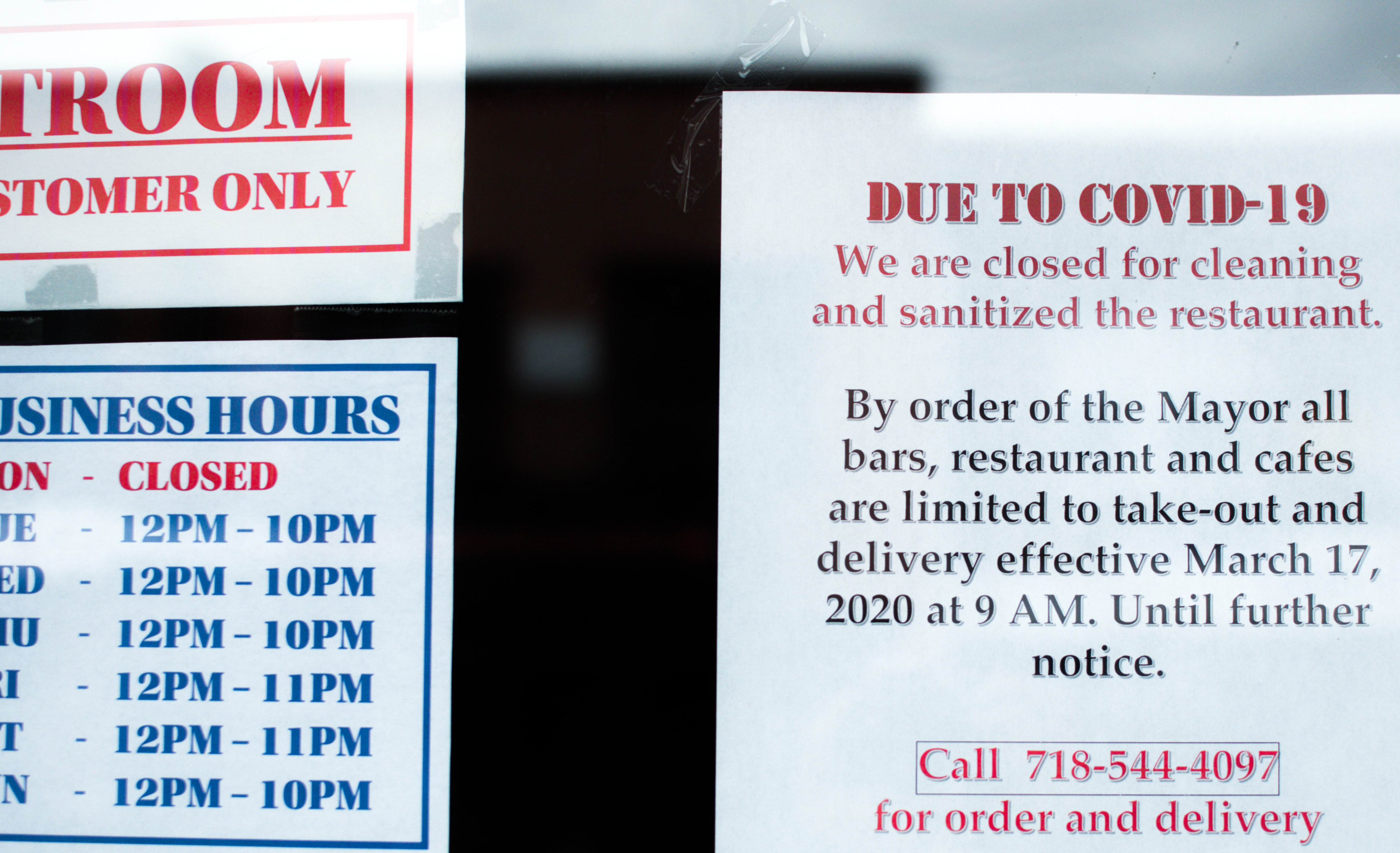
As more schools, stadiums, offices, restaurants, bars and other businesses with onsite kitchens close down during efforts to contain the rapidly spreading Covid-19, many Americans have had to pivot significantly, and that includes FCSI The Americas Professional member foodservice consultants.
Ray Soucie FCSI, LEED AP, design director at Webb Foodservice Design, says he’s had to gently nudge or wait on his school foodservice clients to keep projects moving and hit construction deadlines during the summer break—assuming schools reopen by the Fall.
On a more positive note, he was able to connect with another FCSI member to collect food donations from a restaurant supplier to feed a local family of four where the father is suffering from ALS and at high-risk for COVID-19 complications.
Joe Schumaker FCSI, founder of FoodSpace, says his work with San Francisco Bay Area tech companies has been put on pause, and he fully expects to potentially have to rethink the cafeteria’s designs—if there even is one going forward. He’s also unable to move forward with some construction work because health departments in the state are closed.
“This virus is going to fundamentally change our industry and our role in the future,” says Schumaker, who wouldn’t be surprised if he shifts into more ghost kitchen design to make use of what will likely be an influx of permanently closed restaurants.
Catering companies might also need to rethink the way they operate, he adds, although shifting to a ghost kitchen operation will require major operational changes from high-volume production to individual-size food production.
Leading the way
Rudy Miick FCSI, CMC, founder/president of Miick Consulting Group views the role of the consultant as leaders during this crisis.
“Especially in stress, our role as leaders is critical,” says Miick, who adds that his priority has been to support his company’s brand and culture at all times, and to stay calm and try to inspire his team and community.
“The physical health of the team and the company is number one,” he says. “Without physical health I have no team, no support. If I get sick, who leads?”
Emotional health is also important. “Uncertainty is the root of fear, and fear is the anticipation of harm,” says Miick. “I am trying stay present, and in the moment, and focus on what can be done right now.”
Of course, the fiscal health of his restaurant client’s is important. Miick has consulted his clients that have closed on how to set up carryout, curbside pickup and delivery, repurposing staff to safely conduct these new operations. Some operators are donating inventory to shelters, food banks and schools. He advises his clients to remind the community of these efforts through social media and email blasts.
Lastly, he’s working with his restaurant clients to do a fiscal/cash flow analysis and decide if the business is better off closing down and supporting staff for two weeks instead of shifting into off-premise food production, while also encouraging them to talk to their banks, vendors and landlords to make financial arrangements.
“This is the one time we are not alone,” he says.
That goes for consultants. Now is a good time to reach out to your peers and connect.
Amelia Levin
